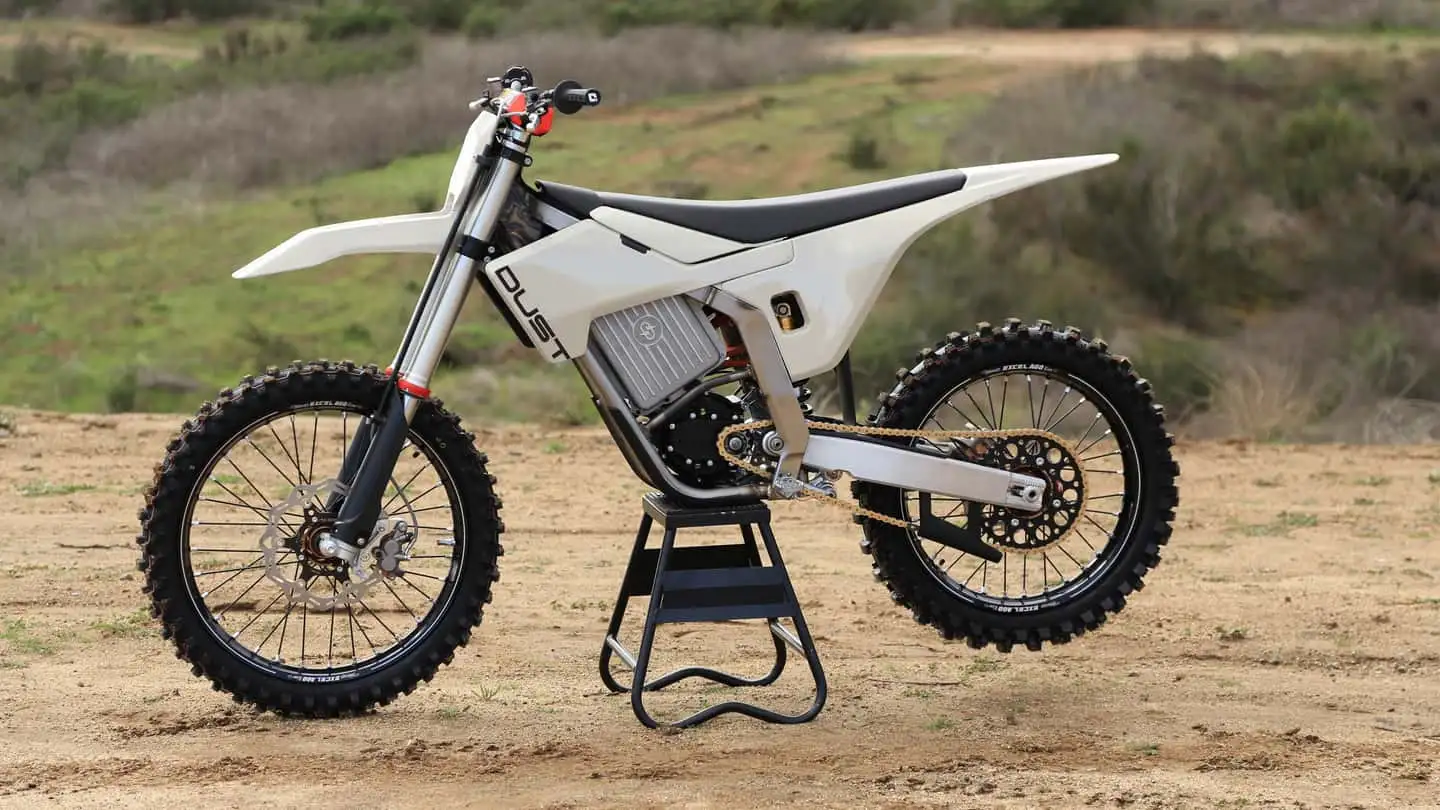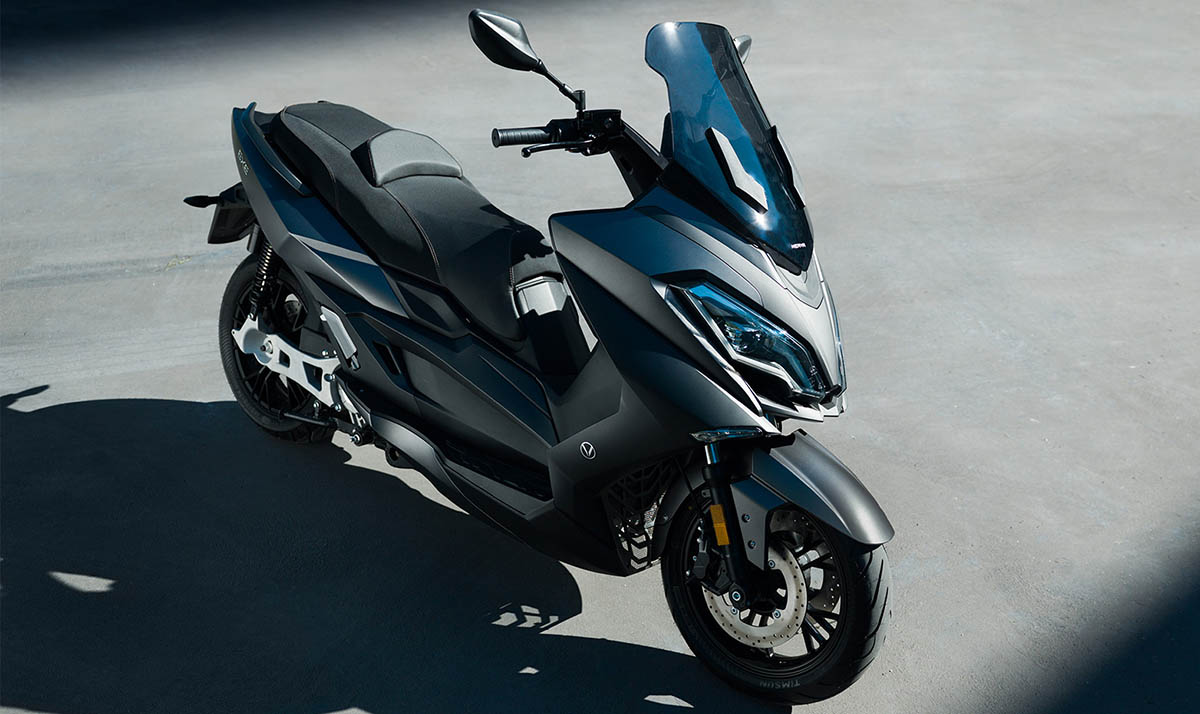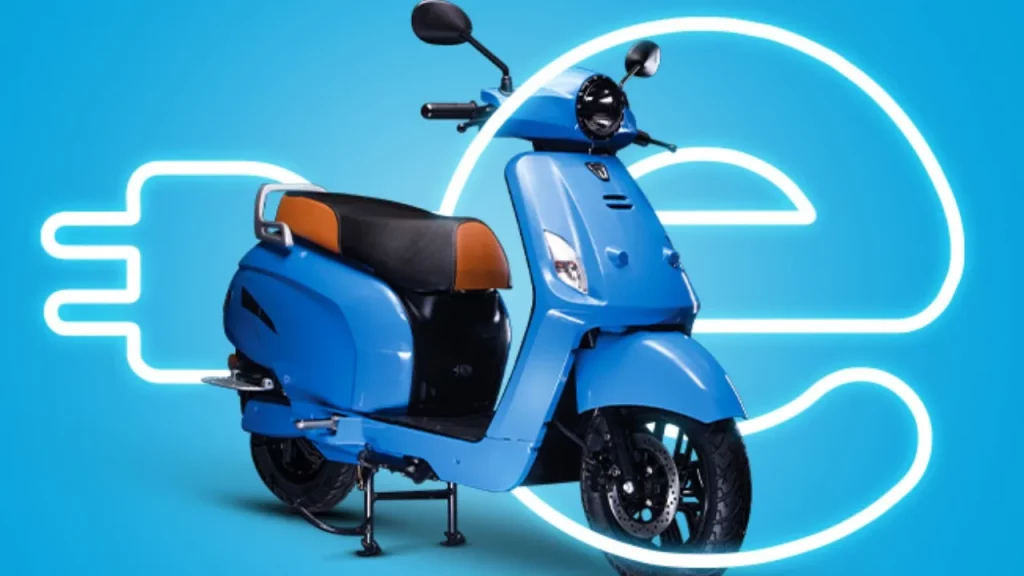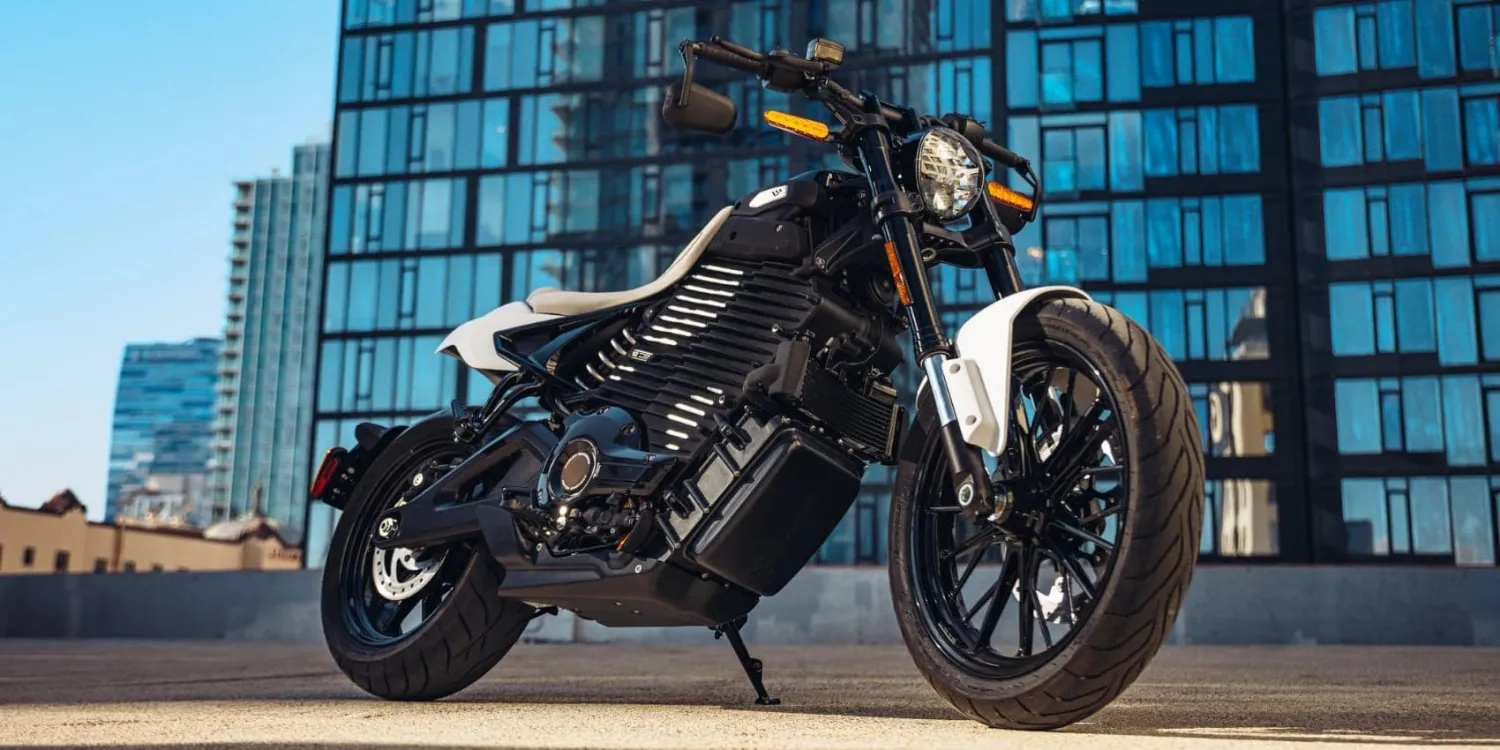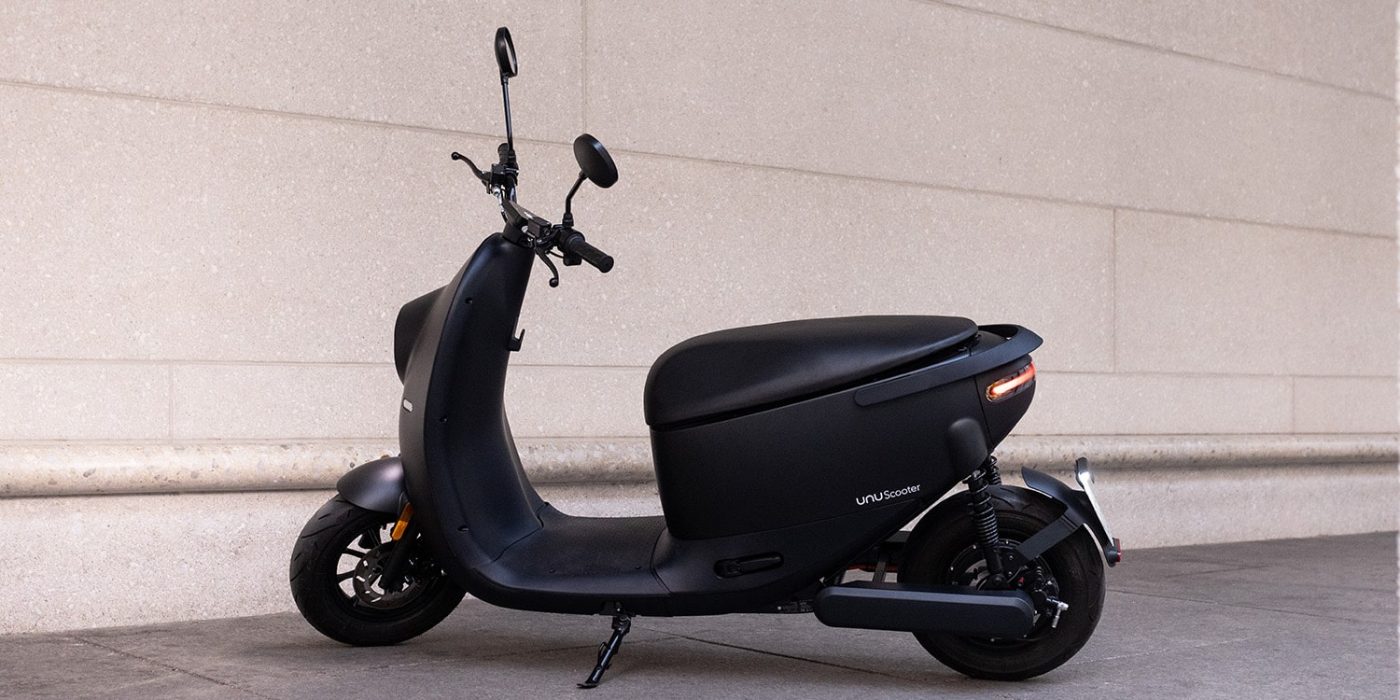The landscape of electric mobility is rapidly evolving, with innovations like e-scooters, e-bikes, and electric motorcycles reshaping transportation worldwide. While these vehicles are often viewed as recreational toys in the United States, a broader perspective reveals significant advancements in lightweight, two-wheeled transportation.
Ghanaian company Kofa has partnered with Chinese e-mobility firm TAILG to introduce the Jidi, a compact and rugged electric motorcycle designed to excel in Africa’s challenging terrain and harsh climate. Marketed with the slogan “Designed in Ghana. Built for Africa,” the Jidi promises impressive performance, range, and safety, emphasizing its utility-focused design.
See also: Revolt Motors Unveils Affordable RV400 BRZ Electric Motorcycle in India
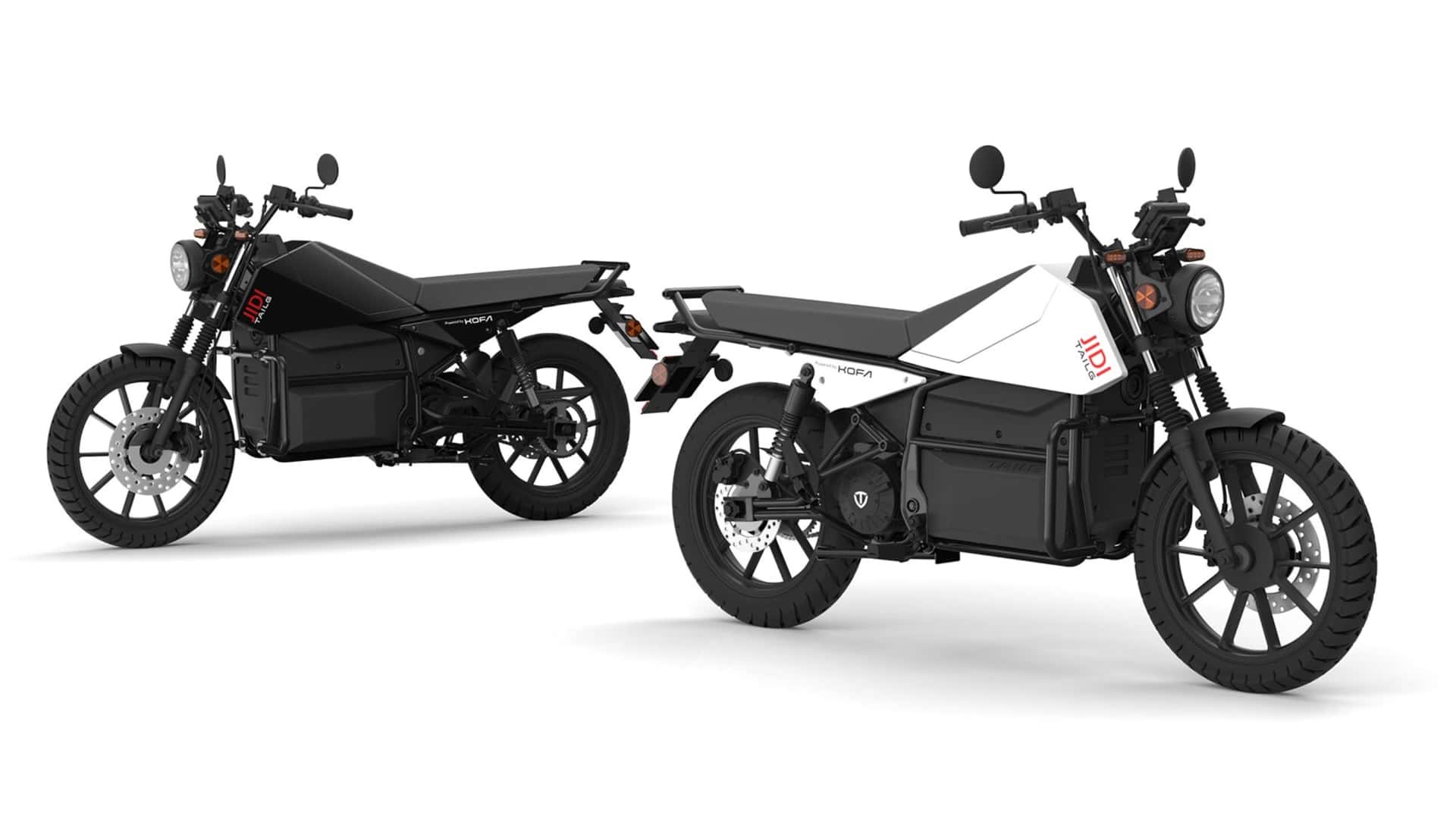
The Jidi is powered by Kofa’s Kore2 battery technology, offering a range of 100 kilometers (62 miles). These batteries are designed for quick swapping at Kofa’s Swap & Go stations, a process claimed to take just 30 seconds, akin to Gogoro’s battery-swapping infrastructure for its Smartscooters.
Equipped with a 72V mid-mounted motor, the TAILG Jidi delivers a top speed of 85 KPH (approximately 53 miles per hour), comparable to a 125cc gas-powered motorbike or scooter. The motorcycle features adjustable drive modes for terrain and rider preferences.
Kofa asserts that the Jidi reduces running costs by up to 30% compared to traditional gas-powered motorcycles, significantly reducing carbon emissions. The motorcycle’s rugged styling includes dual-sport tires, an exposed steel frame, and a simple suspension system with a telescopic fork and twin rear shocks.

Practical features of the Jidi include a long bench saddle for carrying passengers or cargo, USB charging ports, LED lights, and a CBS (combined braking system) for enhanced safety. Engineered for longevity and easy maintenance, the Jidi allows users to perform basic maintenance with standard tools, addressing a common challenge in the motorcycle industry.
Kofa has yet to announce pricing for the Jidi electric motorcycle but claims competitive pricing with substantial cost savings compared to gasoline-powered alternatives. The Jidi exemplifies the ongoing efforts to make electric mobility more accessible and practical, particularly in regions like Africa where reliable transportation is crucial.


